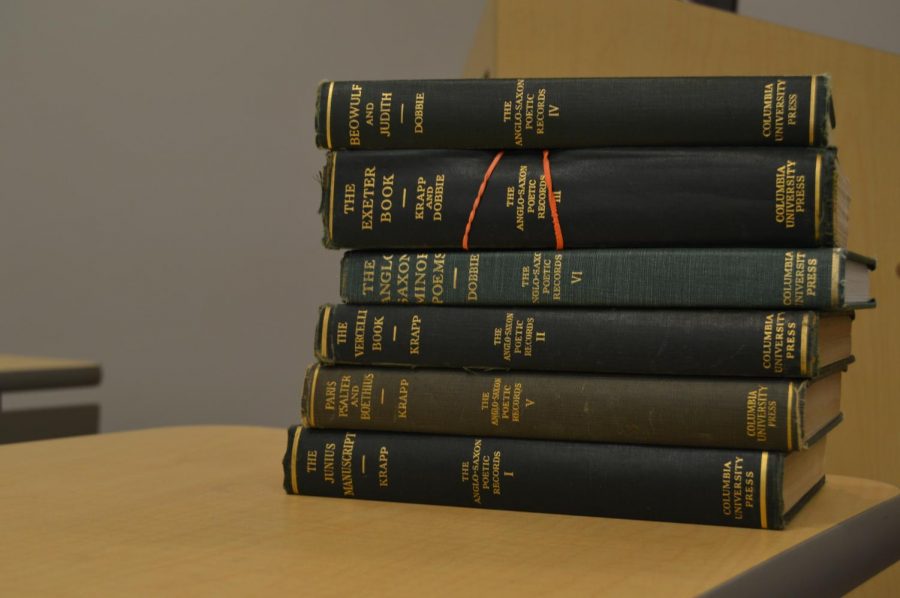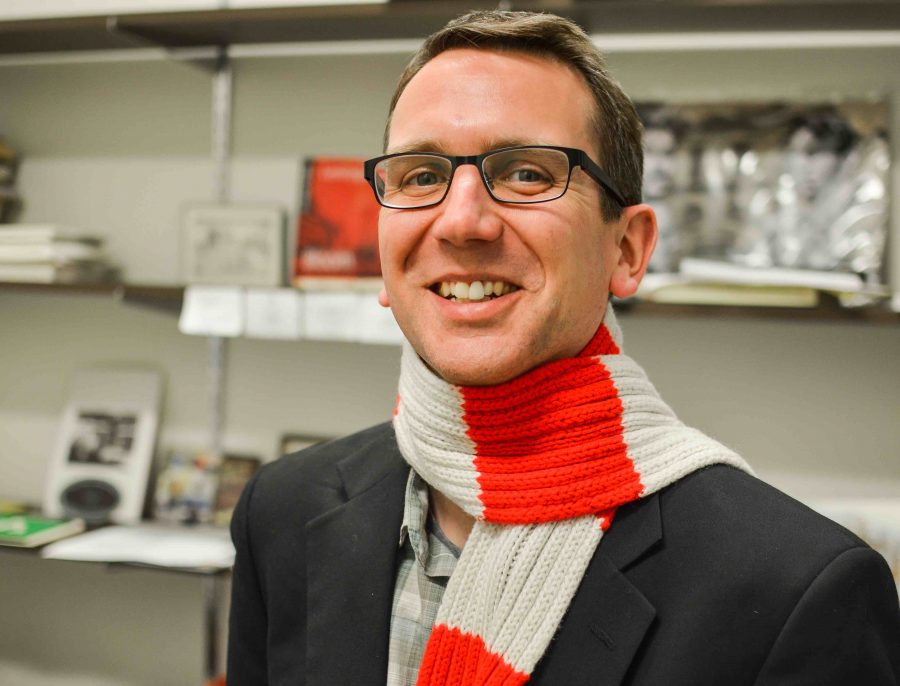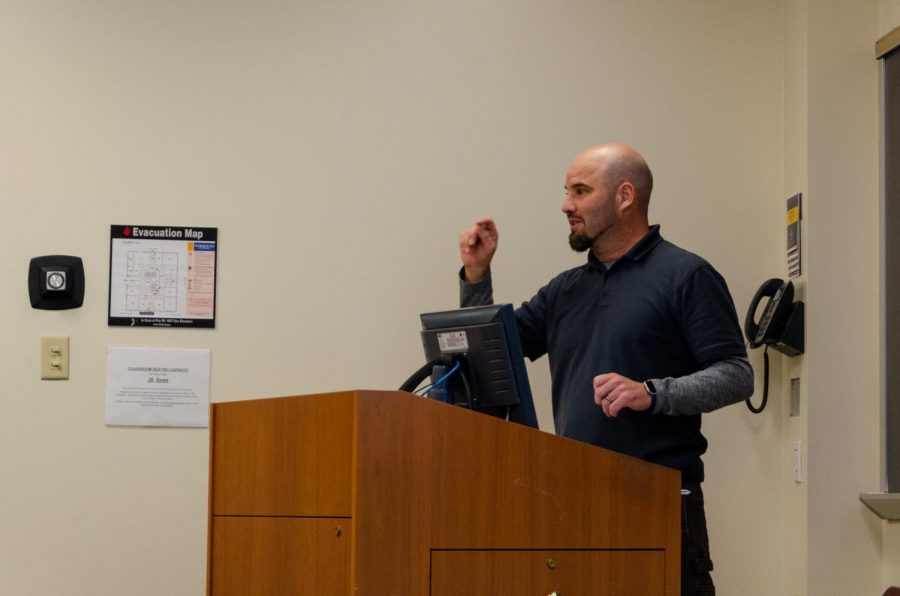English professor Jacob Riyeff will once again host his informal reading group for students looking to immerse themselves in medieval language and literature beyond the traditional Marquette curriculum.
After acquiring a passion for medieval literature and language through a fascination with old concepts and a sudden stumble upon J.R.R. Tolkien’s “Finn and Hengest: The Fragment and Episode,” Riyeff realized these readings were once “normal and everyday language for people as opposed to modern day gibberish.” Along with Riyeff’s realization came his long-term passion of reading these old languages.
Once arriving on Marquette’s campus in the fall of 2015, Riyeff was curious to see if other students had a similar interest in medieval readings and languages, which is why he began his medieval reading group.
Riyeff said the early stages of the medieval reading club were casual and an opportunity to put together a core group that would stay committed to the club itself.
“I didn’t even know if anyone would show up,” Riyeff said.
However, after a few weeks, the group began to expand and Riyeff found a consistent group of six students.
Students who joined the group could find themselves engaging in group readings of different languages along with discussions about the words and their meanings. Riyeff has also said that he wants his group to be a fun and casual environment as well.
“We sometimes start sessions with 10 minutes of banter about one another’s week,” Riyeff said.
Not everyone in the club had planned on joining initially, some just naturally fell into it.
Noah Smith, a junior in the College of Arts & Sciences, joined the group after a visit from Riyeff in his History of the English Language class.
“He advertised the reading group after that, and my interest was peaked. I’ve always been interested in language and linguistics, and I’m majoring in German, which is astonishingly similar to Old English,” Smith said.
Smith says the experience is certainly a challenge in terms of learning what some may consider gibberish, but he has appreciated learning the language that has influenced modern day English.
“While yes, Old English is a dead language, its fundamentality does not rest in its practical application to everyday life. Rather it rests in preserving a fraction of our world history for future generations to come” said Margarita Buitrago, a sophomore in the College of Arts & Sciences.
In addition to teaching at Marquette, Riyeff has written and translated a number of books and poems.
Marquette students will have the opportunity to join this reading group that meets once a week throughout the academic year by contacting Riyeff at Jacob.riyeff@marquette.edu
This story was written by TJ Dysart. He can be reached at theodore.dysart@marquette.edu










